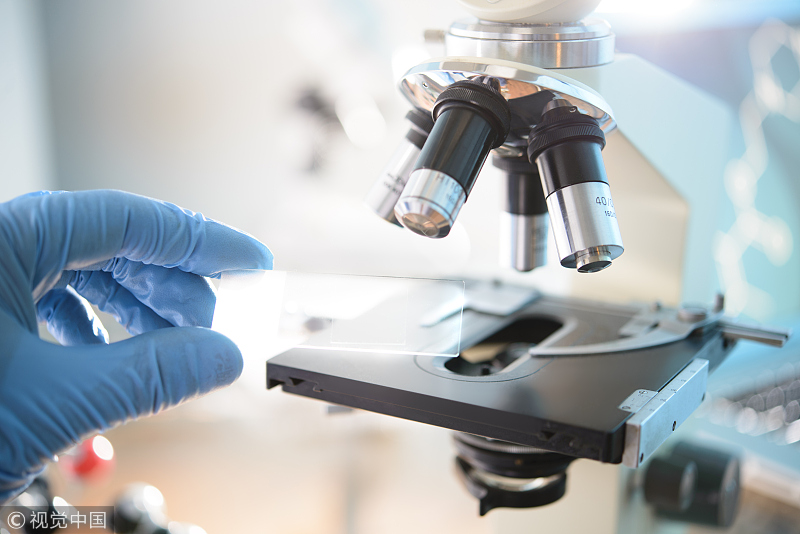Fast new test for sepsis set to save thousands of lives


British scientists have developed a new test for sepsis, which uses a microelectrode device to analyze blood in order to give a result in two-and-a-half minutes instead of the current wait of up to 72 hours.
The researchers hope the low-cost test could come into use in three to five years and be available on the National Health Service by 2022. They expect it to save thousands of lives.
Developed by researchers at Strathclyde University, the new test works by checking whether the protein biomarker interleukin-6 (IL-6), a molecule secreted by the immune system and that is often found in high levels in people with sepsis, is present in the bloodstream.
The small device used in the test can also be implanted, meaning it can be used on patients in intensive care to detect when their sepsis levels rise.
The current test used to diagnose sepsis is usually based on body temperature, heart rate, breathing rate, and a blood test.
About 50,000 people in the United Kingdom die every year from sepsis, which is a serious complication resulting from an infection. The number is bigger than the total for bowel, breast, and prostate cancer combined.
Sepsis is triggered by infections, which can come from anywhere – even a contaminated cut or insect bite, according to a BBC video explaining the disease. It happens when a patient's immune system switches into overdrive.
If an infection manages to spread quickly around the body, the immune system will launch a massive response to fight it. When infected with sepsis, the patient's immune system starts to attack the body's own organs and the condition can be fatal.
Sepsis has been considered hard to diagnose because it can look like the flu, gastroenteritis, or a chest infection in the early stages.
"With sepsis, the timing is key. For every hour that you delay antibiotic treatment, the likelihood of death increases," said Damion Corrigan, from the department of biomedical engineering at Strathclyde. "At the moment, the 72-hour blood test is a very labor-intensive process – but the type of test we envisage could be at the bedside and involve doctors or nurses being able to monitor levels of sepsis biomarkers for themselves."
He added that no test is perfect in the identification of sepsis, so "it's crucial we continue to educate clinicians to think sepsis in order to prompt them to use such tests".
Contact the writer at yandongjie@chinadaily.com.cn
































